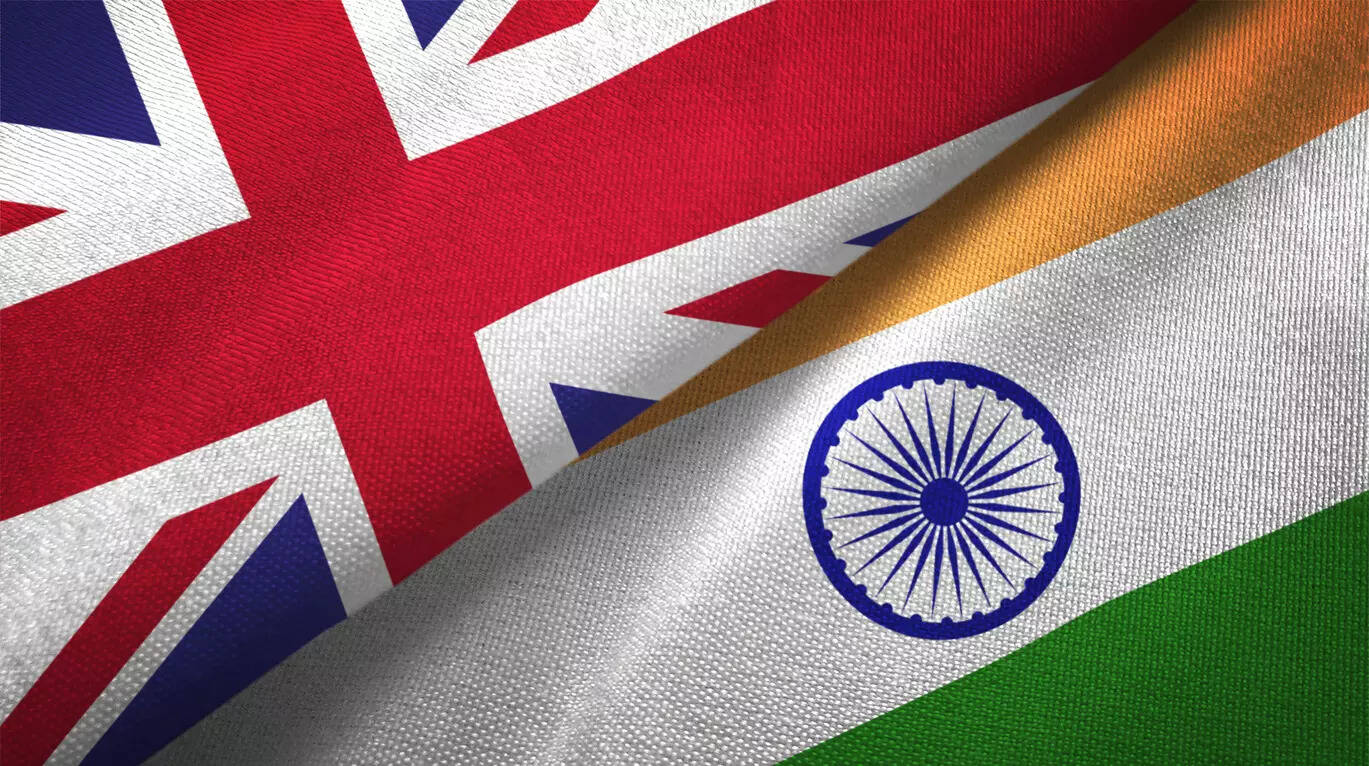
New Delhi: The India-UK trade pact has incorporated a mutual recognition agreement framework to facilitate smoother entry of medical devices certified by domestic regulatory agencies into the British market, an official said on Tuesday.
The framework will help Indian manufacturers expand market share in the UK vis-a-vis its global competitors like China, Brazil, and Vietnam who face non-preferential duty.
“The free trade agreement includes a mutual recognition agreement framework allowing medical devices certified by the Central Drugs Standard Control Organisation (CDSCO) or the Indian Certification of Medical Devices (ICMED) to access the UK market more freely,” the official said.
Medical devices and instruments will be exported to the UK at zero tariffs, down from the current duty range of 2 per cent to 6 per cent, benefiting Indian manufacturers of surgical and diagnostic equipment.
The UK medical devices market was valued at USD 32 billion in 2024 and is projected to reach USD 69 billion by 2035, growing at a CAGR of 7.19 per cent, representing a significant opportunity for Indian medical device manufacturers, the official said.
A bilateral regulatory cooperation framework will also be pursued between CDSCO and MHRA (Medicines and Healthcare products Regulatory Agency) potentially taking the form of a Mutual Recognition Agreement (MRA).
“The agreement will incorporate provisions for joint inspections, data sharing, harmonization of technical documentation, and training programmes between Indian and UK regulators, which will help build confidence and trust in each other’s regulatory frameworks, thereby enhancing market access for our exports,” the official said.
India remains committed to a fair, balanced, and mutually beneficial agreement and is engaging with the UK to consider pathways for regulatory cooperation, including recognition of CDSCO approvals.
Further to prevent routing of third country goods via the UK into India, there are provisions for strong Rules of Origin (RoO) in the comprehensive economic and trade agreement, which define the origin of a product and determine whether it qualifies for preferential tariffs.
The combination of rigorous RoO, digital certificate of origin systems, and customs monitoring will ensure that only legitimate products — made or significantly transformed in the FTA partner — benefit from tariff concessions.